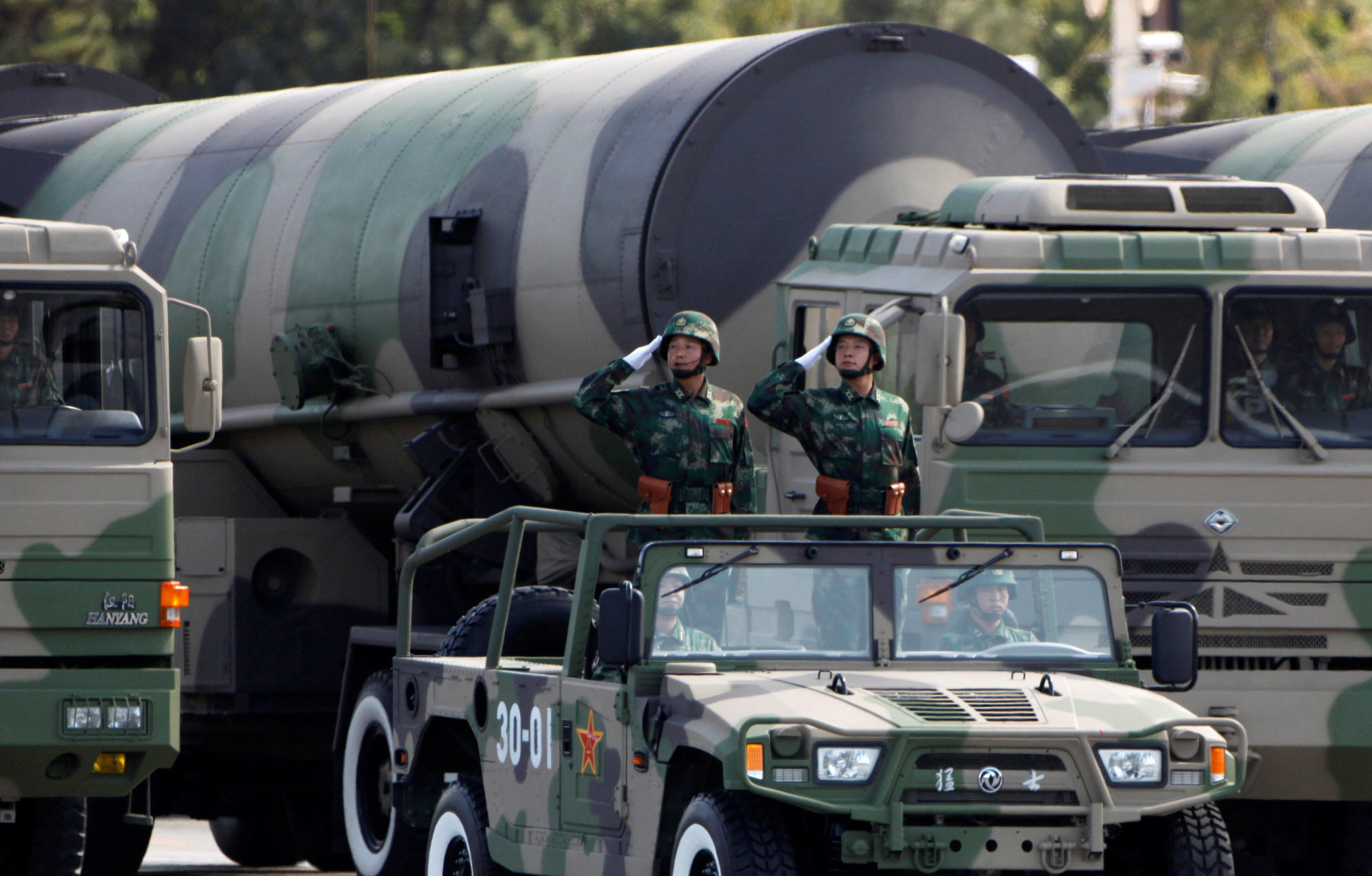After formally withdrawing from a landmark arms-control treaty earlier this month, the United States now hopes it can better counter its geopolitical rival China by closing what experts characterize as a yawning "missile gap" with Beijing — and it may look to Japan for help.
In opting out of the Intermediate-Range Nuclear Forces (INF) Treaty, America could now in theory deploy ground-based conventional intermediate-range missiles to Asia — in a similar way it stationed nuclear missiles across Western Europe to defend against Soviet nukes in the 1980s. This time, however, Washington insists the missiles — if deployed — would not be tipped with nuclear weapons.
U.S. Defense Secretary Mark Esper has said he hopes to deploy the missiles to Asia "sooner rather than later," but has conceded it could take "a few years to actually have some type of initial operational-capable missiles," since the U.S. currently does not field land-based intermediate-range weapons.



